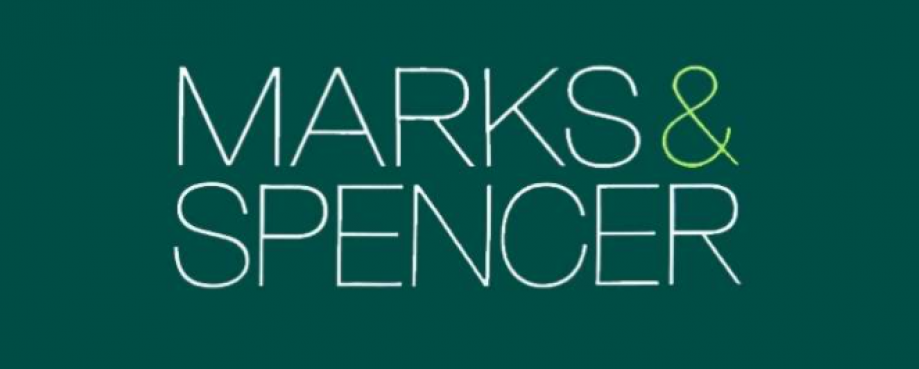
Oxfam has published a report on Marks and Spencer’s food and footwear supply chain, after being asked by the brand to act as a "critical friend" and conduct a gap analysis of its supply chain.
Carmel McQuaid, Mark's and Spencer's Head of Sustainable Business, has also written a blog to highlight the report, and discuss its findings.
M&S's objective was to pinpoint the areas it need to address in its own operations and those of our suppliers to ensure workers have a voice, but also to identify actions required to bring about sector-wide change in what is an increasingly interdependent and globalised supply chain.
The research has identified some examples of good practice, while also raising a number of issues common to the the global food industry, including in-work poverty, long term damage to health, inadequate sick pay, discrimination and poor worker representation.
A key conclusion from the report is that there is a disconnect between the information that M&S managers receive about conditions in workplaces, based largely on third party ethical audits, and what workers report as their experience.
The report makes a list of recommendations from Oxfam and a response from M&S and a list of actions following the findings.
Marks and Spencer is sharing the report, alongside the framework of its worker voice programme and the learning from work with the wider industry aimed at driving meaningful change at scale for workers in global supply chains.
Peter McAllister, ETI's Executive Director, comments:
"This is a very important initiative and shows M&S in its leadership position. While audits may have their place, they also have their limitations, so having a credible and informed partner like Oxfam review conditions is very valuable not only to Marks and Spender but also to the wider sector."
